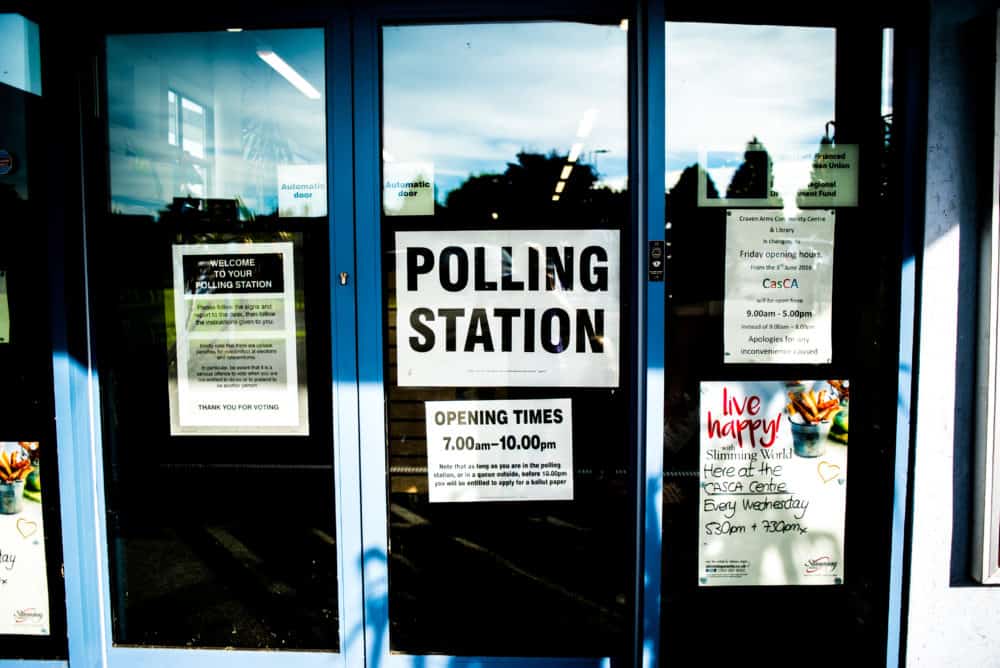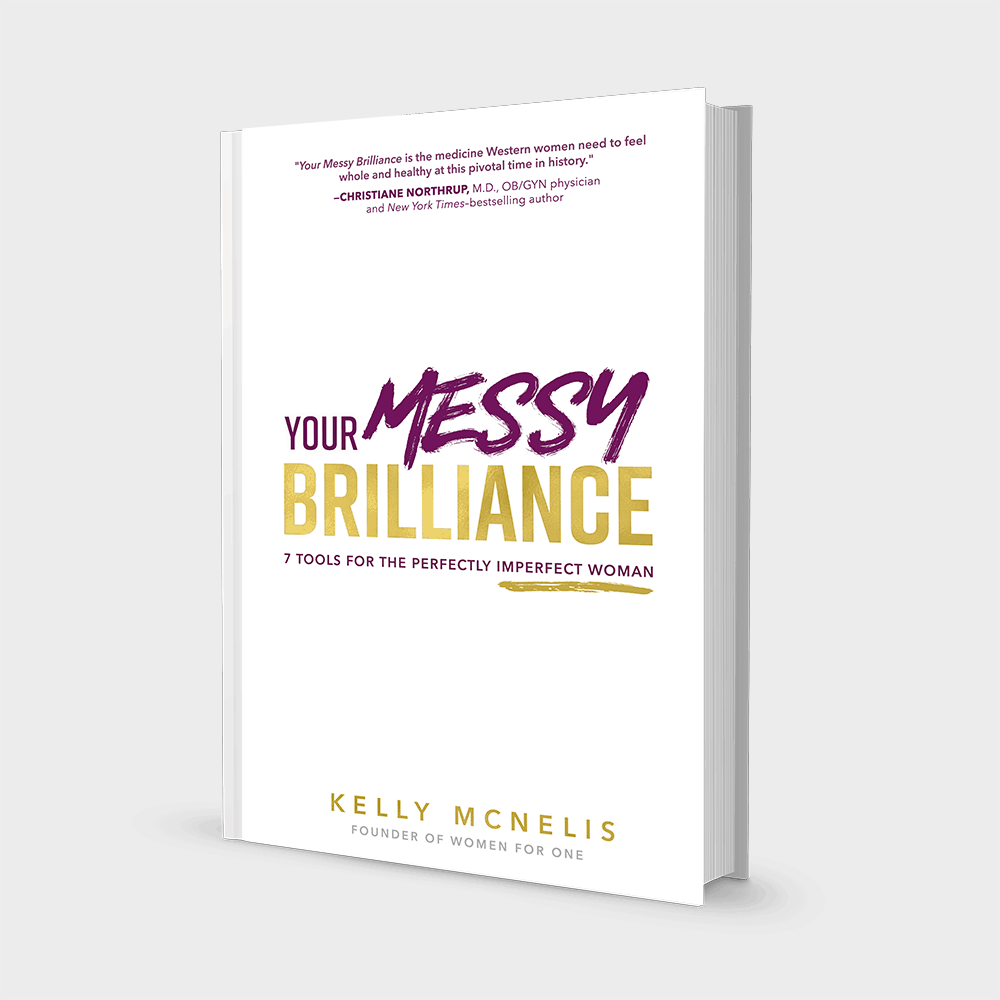
Two Different Approaches to Democracy: Politicians and Servant-Leaders
I was 13 when my father took me on a day trip to Austin. One of our stops was the floor of the Texas Senate, the upper house of the state legislature. The official proceedings captured my attention, as did one senator in particular, Barbara Jordan. She was the first African American elected to the Texas Senate; a woman and servant-leader of authenticity, courage, vision, and heart.
Maybe Dad hoped the experience would ignite desire within me to someday run for office. While I have not pursued a position in government, I did cultivate a deep appreciation for the integrity of those who truly desire to serve and for the ideals of democracy, and the important role I, and every citizen, play in its success.
That is why, decades later, I am disappointed many of my fellow citizens seem to have fallen victim to apathy and cynicism as evidenced by the growing prevalence of “I am not political,” “My vote does not matter,” “Politicians are thieves and liars,” “Nothing will ever change,” and “I have no real power to effect positive difference.”
Though I certainly do not have all the answers to fix what seems broken about our government, I do know beyond doubt we, her citizens, are not powerless. We are millions strong, who with swift and decisive action can direct the course of our nation—a task we must now undertake with sincere and unified determination.
I trust, like me, you are repulsed by the stagnation and business-as-usual nastiness within our political system and the election process. I hope you are exasperated by the futility of stubbornly continuing down the same road of two-party divisiveness while expecting unified results. I imagine your sensibilities are offended by repulsive remarks as candidates full of a foolish amount of pride attempt to distract us from their clear lack of dignity and ability to propose tangible and cooperative solutions to the issues we face.
Whether in business, relationships, or resolving our differences, you and I create the most success and fulfillment by regulating ourselves with the principles of heart. We listen to one another to understand and work to achieve positive associations based on respect and team-work. The same is true for fashioning an effective democracy. Without valuing responsibility, solidarity, honesty, and respect, politicians and citizens can easily fall victim to a combative, self-interested standstill.
Therefore, you and I as citizens have the responsibility to be political and to do everything within our power to make certain we do not elect bullies, liars, thieves, and casters of blame. We must reject those who shun personal responsibility, ego-box for sport, and avoid coming to the table with feasible solutions to the issues we face. We must refuse to side with anyone who is comfortable with Washington’s misuse of power, dissention, and its reward of rulers.
Albert Einstein said, “The high destiny of the individual is to serve rather than to rule.”
Step One: We change our thinking from electing politicians to choosing servant-leaders. We identify and support honorable men and women of personal morality and integrity who encourage principled excellence among their colleagues and constituents. They engage in inclusive dialogue and work to establish cooperative relationships for all stakeholders including those who are least privileged. They appreciate the importance of having a big picture view to design long-term plans of tangible strategic action to achieve shared goals. And, they self-reflect to improve, to assume responsibility for their actions, and to maintain as great a level of operating transparency as possible.
Step Two: To shape our destiny, we voters must think for ourselves. No more voting as relatives, friends, neighbors, and co-workers tell us. No more voting a straight party ticket. No more irresponsible, partisan, herd-mentality. We do the work necessary to identify and support bi-partisan candidates with proven track records of intelligence and heart to usher in a new system of governmental integrity.
Step Three: We stay involved. We re-elect those leaders who work well with others. We consistently demand accountability, transparency, and continuous positive results or show them the door.
President John F. Kennedy said, “Ask not what your country can do for you, ask what you can do for your country.” What we voters can do for our country is be political, by caring to elect qualified candidates who have respectfully and with integrity shown us their heart.
I don’t think for one moment this heart-first, servant-leader approach is naïve, impossible, and will never happen. We most admire men and women who strive to make the world a better place by adhering to the values of principled character. And, we love a good challenge.
Sure, we can continue the chaos and dysfunction by stroking the hubris of those who want to rule. However, the undeniable truth is, in order to be an outstanding nation we must value being a nation governed by outstanding people; those who truly desire to serve by voluntarily using heart to keep their egotism in check.









7 comments to "Two Different Approaches to Democracy: Politicians and Servant-Leaders"